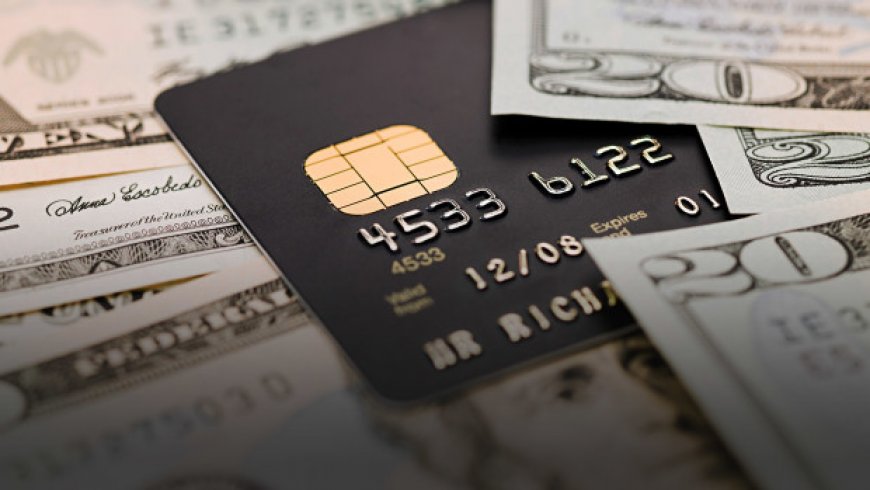Financial Planner On How to Get Out of Debt
Shame won't pay off your "bad" debt. Get organized, pick a simple repayment method, and stick to it.

The Takeaway: My favorite repayment strategies are the debt avalanche, debt snowball, and balance transfer. Each one offers a framework for getting organized and building momentum.
Americans owe a heap of money to creditors. Consumer debt in the first quarter this year surpassed $17 trillion -- the highest total ever.
You’ve probably heard about “good debt” and “bad debt.” I prefer to call it “helpful debt” and “unhelpful debt.” Helpful debt is the kind that you leverage to build wealth, like a mortgage or a business loan. Unhelpful debt is the kind that drags down your balance sheet, charging double-digit interest yet providing no measurable financial gain (credit cards are the biggest culprit, but auto loans and personal loans can fall into this category).
DON'T MISS: 5 of the Best Money Management Tips, According to Experts
When we label something as “bad” it tends to carry shame, and that’s a tough emotion to shake. More importantly, shame won’t pay off your debt. Making a plan, and putting it into action, is the only way to move toward financial wholeness.
If you're ready to finally get out of debt, the first step is to get organized. Spend 30 minutes taking inventory: How much you currently owe and to whom, your interest rate on each balance, your minimum monthly payment, and when it’s due. Visual learners might want to jot down the details of each debt on a sticky note to help with the next step.
A note of caution: If you can't afford to make at least the minimum payment on each of your debt balances, consider credit counseling. No creative repayment strategy is going to work unless you have some discretionary income or the ability to make temporary adjustments to your spending.
Compare the Best Loan Rates
How to Get Out of Debt Quickly: 3 Simple Strategies
Now it's time to pick a repayment method. Here are my three favorites:
1. Debt avalanche focuses on repaying high-interest debt as fast as possible. Every month you’ll make the minimum payment on all of your balances. Any extra money you have should be sent to the balance with the highest interest rate, cutting down your long-term costs.
This method makes the most mathematical sense, so if you're numbers-motivated, this could be for you.
But numbers don't always win -- even in finance. If you often find yourself giving up on a pursuit because it's just taking too long, the debt avalanche might not be the method for you. If your largest balance carries the highest rate, it could take some time to feel like you're making any progress.
2. Debt snowball focuses on paying off the lowest balances first. Again, you’ll continue paying the minimum on every balance, but then direct any extra money toward only the smallest balance. Once the smallest balance is paid off, use the freed-up cash to make extra payments toward the next-smallest balance, and so on.
People who use this method say the rewarding feeling of an immediate win keeps them going, and research backs that up.
3. A balance transfer provides some relief for people whose debt is all on credit cards. Most credit card issuers offer balance transfer programs, which let you move a debt balance from one or more credit cards to a new one with a temporary 0% APR.
But if unplanned or impulse spending is what landed you in credit card debt in the first place, this might not be the method for you. Having access to an interest-free line of credit could perpetuate the problem.
The interest pause on a balance transfer card can last anywhere from six to 18 months. After that window your rate will jump back up, likely to double-digits, so it’s important to use that relief period wisely. If you have a tax refund coming or another expected windfall, for instance, plan to put it toward your balance.
As you're mulling over these methods, remember this: There's no right or wrong, good or bad. The best strategy is the one you can commit to.
What's Your Reaction?



























































